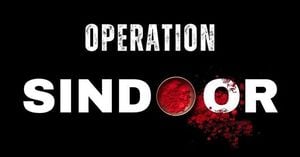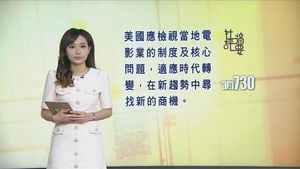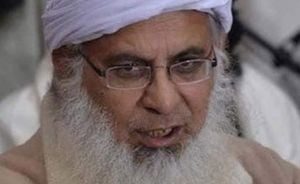Belgium is currently facing a complex security landscape, existing in a state that is neither full peace nor outright war. This precarious situation has brought the concept of a "hybrid threat" to the forefront, as security experts emphasize the blurred lines in current geopolitical tensions. As of May 3, 2025, the evolving circumstances demand clear governmental action and heightened public awareness.
Security specialist Frederik Vansina has articulated this urgency, stating, "We are not in wartime, but we are no longer in peacetime." His remarks underline the pressing need for Belgium to define this crisis clearly. Without such clarity, the government risks being unable to implement necessary measures that are typically reserved for times of crisis. How should Belgium respond to this ambiguous threat? What steps can ensure national safety without escalating tensions unnecessarily? These questions are at the heart of the government's next moves, which could set a precedent for managing hybrid threats effectively.
Vansina has called on the government to declare a state of crisis, which would enable enhanced security measures that are not possible in peacetime. He noted, "It would be good if the government would also define that crisis. If we declare a state of crisis, we can take a number of actions that we cannot take in peacetime." The Defense Chief suggests that such a declaration would allow for faster arms procurement and improved security for essential infrastructures, including ports and digital networks.
In his assessment, Vansina paints a bleak picture of the Belgian armed forces, stating that after 35 years of disinvestment, the military has become completely eroded. He pointed out, "We still make our purchases at peacetime pace. Putin doesn't. Tanks, airplanes, and cannons roll out of his factories day and night." This stark comparison highlights the urgency for Belgium to adapt its defense procurement processes to meet the current threats.
Defense Minister Theo Francken has responded to Vansina's statements, acknowledging the sense of urgency conveyed in his interview. Francken stated, "The chief of staff gave an excellent interview and made the sense of urgency clear." He emphasized the importance of correctly informing the public about the situation and ensuring that the government is prepared to act quickly when necessary.
Vansina's call for a formal crisis declaration raises critical questions about Belgium's preparedness and response strategies. Should the government formally declare a crisis to unlock emergency powers? What are the risks and benefits of such a declaration? Declaring a crisis could facilitate quicker decision-making processes and allow for measures that would enhance national security. However, it also raises concerns about balancing security with civil liberties, a challenge that remains at the forefront of public discourse.
Open VLD Member of Parliament Kjell Vander Elst has echoed the call for urgent discussions on the security situation. He has urged the convening of the Consultation Committee to address national safety, stating that "national security is not the exclusive responsibility of one government. Every government in this country, including the regions, must take its responsibility." This sentiment reflects a growing recognition that the security landscape is complex and requires a collaborative approach.
As Belgium navigates this uncertain terrain, the need for a coherent strategy to address hybrid threats becomes essential. The government must carefully evaluate the hybrid threat environment and consider formal crisis measures to safeguard its interests. The actions taken now will shape the nation’s resilience against future challenges.
In summary, Belgium finds itself at a critical juncture, grappling with the need to define its security posture in an increasingly volatile world. The government’s response to these hybrid threats will not only impact national security but also influence public trust and civil liberties. As the situation evolves, the importance of clear communication and decisive action cannot be overstated. How Belgium chooses to respond now will set the course for its future security landscape.




